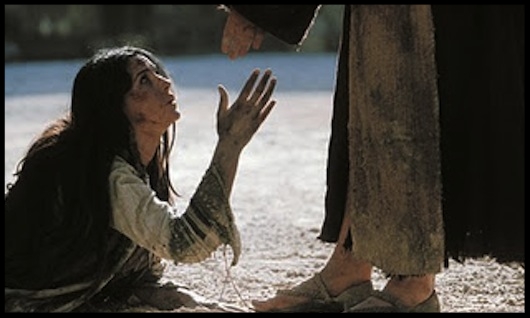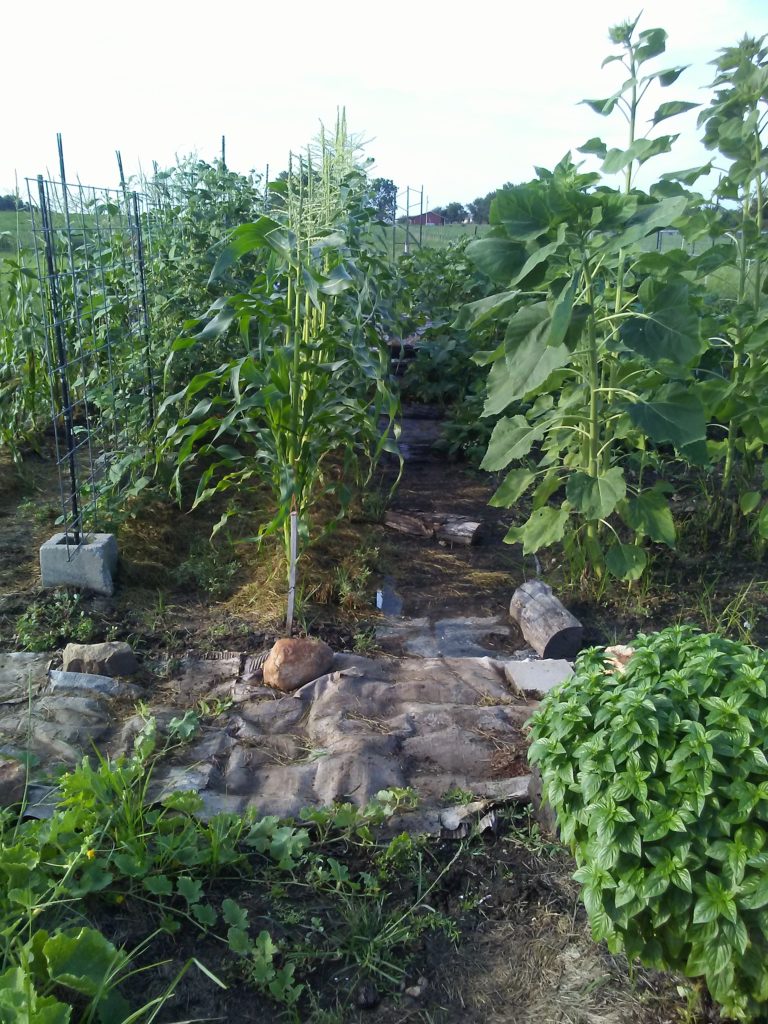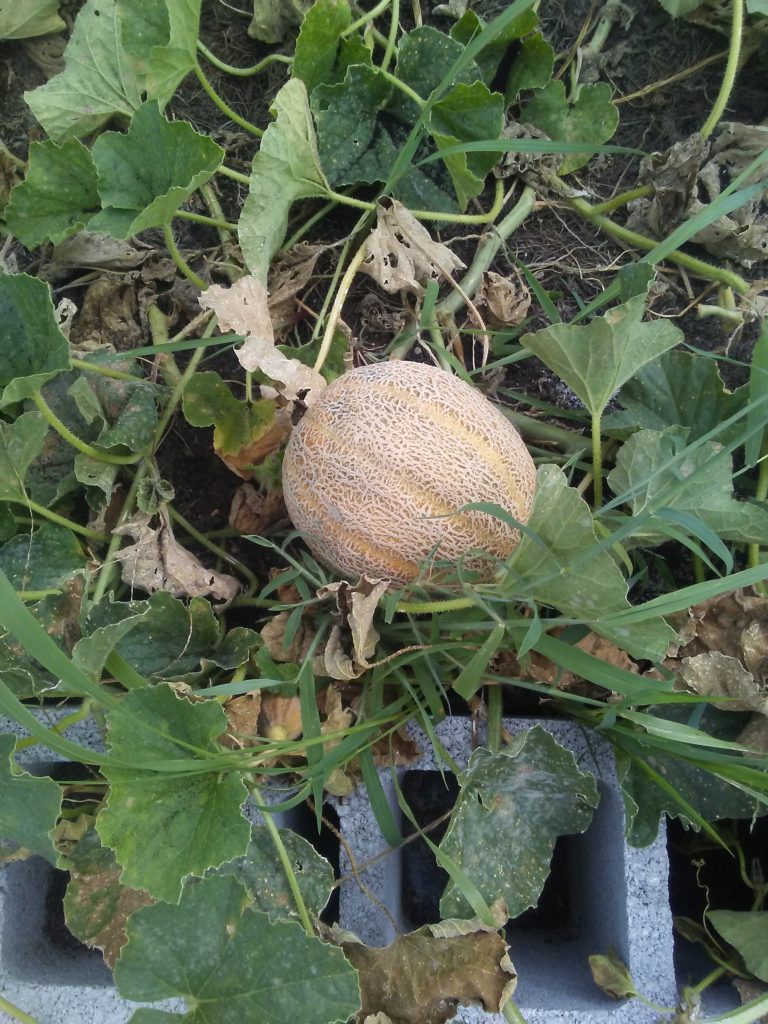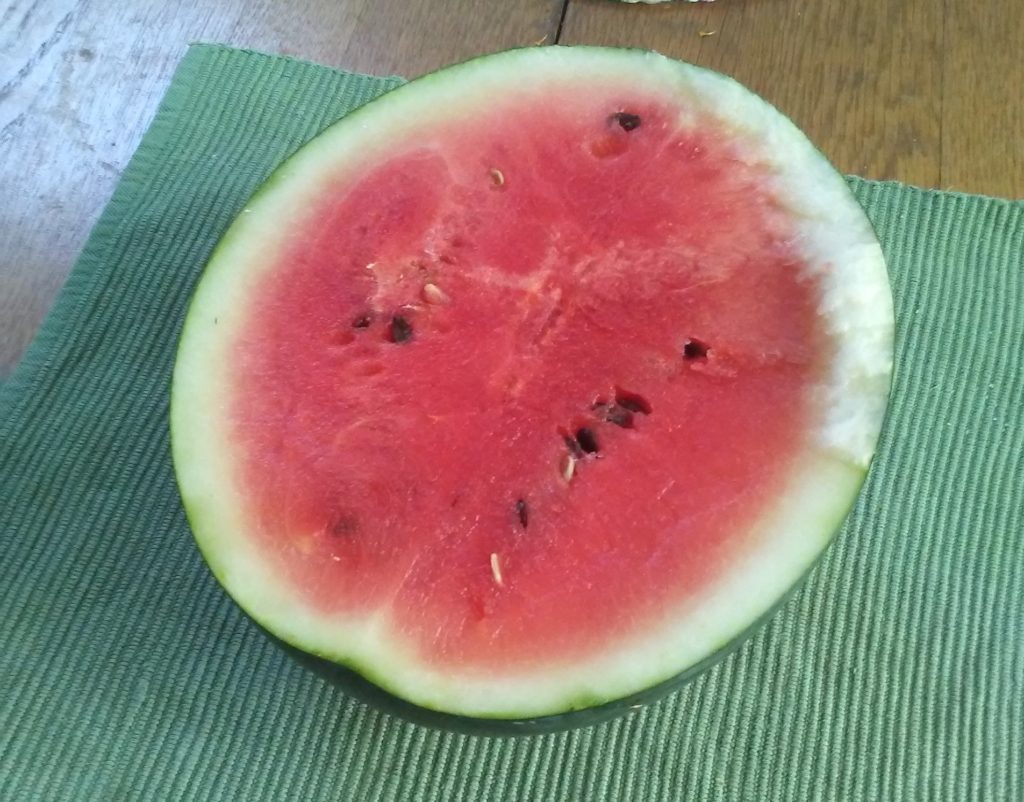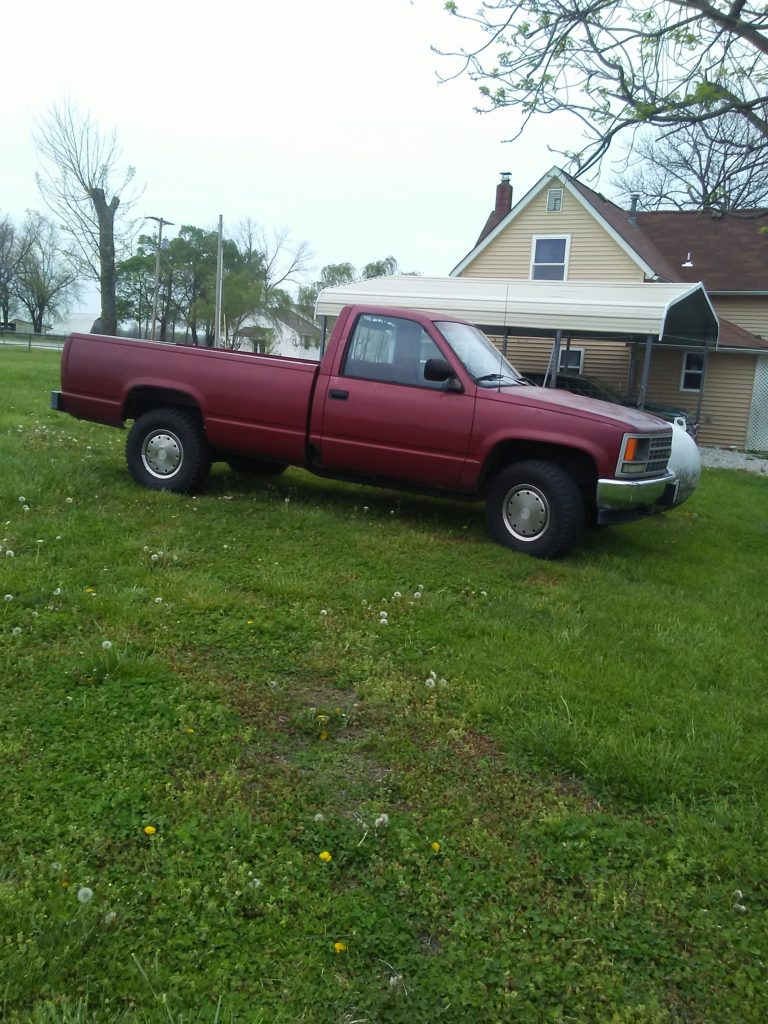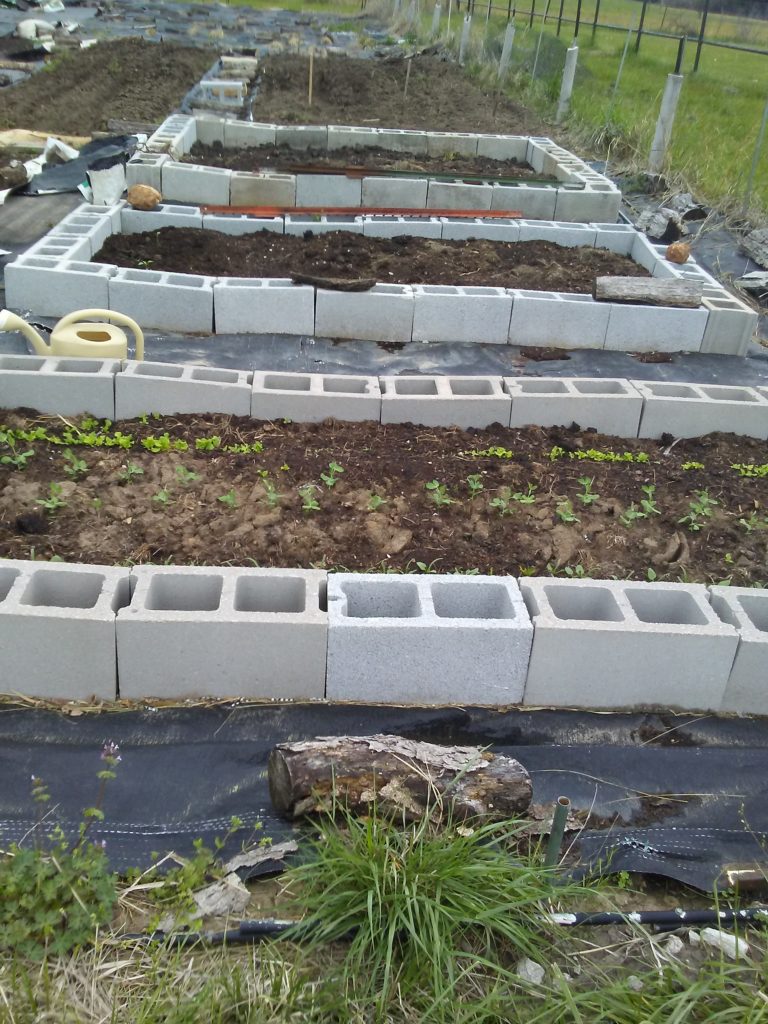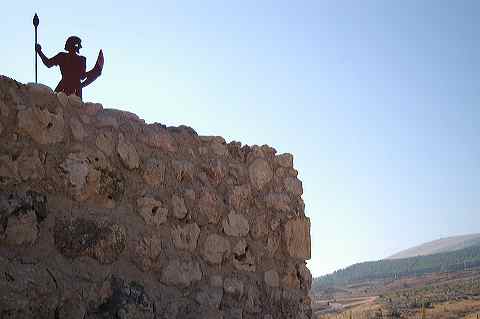The story takes place during the last week of Jesus’s earthly ministry, as he was on his way to the cross. There are versions of it in all the gospels; this one is from Mark 14:
While he was in Bethany, reclining at the table in the home of a man known as Simon the Leper, a woman came in with an alabaster jar of very expensive perfume, made of pure nard. She broke the jar and poured the perfume on his head.
Some of those present were saying indignantly to one another, “Why this waste of perfume? It could have been sold for more than a year’s wages and the money given to the poor.” And they rebuked her harshly.
“Leave her alone,” said Jesus. “Why are you bothering her? She has done a beautiful thing to me. The poor you will always have with you, and you can help them any time you want. But you will not always have me. She did what she could. She poured perfume on my body beforehand to prepare for my burial. I tell you the truth: wherever the gospel is preached throughout the world, what she has done will also be told, in memory of her.”

In Luke, a “woman who was a sinner” approaches Jesus with the rare perfume; some scholars associate her with Mary Magdalene. John identifies her as Mary of Bethany, the sister of Lazarus, so that could be who Mark is talking about. But he doesn’t name her, and maybe that’s for a reason.
She could be any woman, smitten with the goodness and holiness and beauty of this man who is like no other man. She does what she can, bringing her most precious possession to pour out on him. We don’t know why. He says she’s preparing his body for burial, but she probably didn’t intend that . . .
Or did she? He’s been telling his 12 disciples what’s going to happen, and they don’t get it. They’ve been very dense about accepting it. Maybe the women, who are also disciples, have a little more perception?
Anyway, whatever its motivation, the act has its own merit. It’s about Jesus, but listen to what he says: It’s about her, too. Her broken jar is precious to him. What others see as wasteful, he sees as beautiful.
The woman has no name, but she has a story, and both her name and her story are known by him. Both her name and her story are united with his. He invited, she responded.
And so he invites all of us nameless women: “Join your story to my story.” It’s the only story that will stand the test of time—in fact, it’s timeless, because it will not end in death. It will be told eternally, because he will tell it.
If you believe him, he’s telling your story now. If you trust him, it’s going to be beautiful.
Don’t be afraid.

